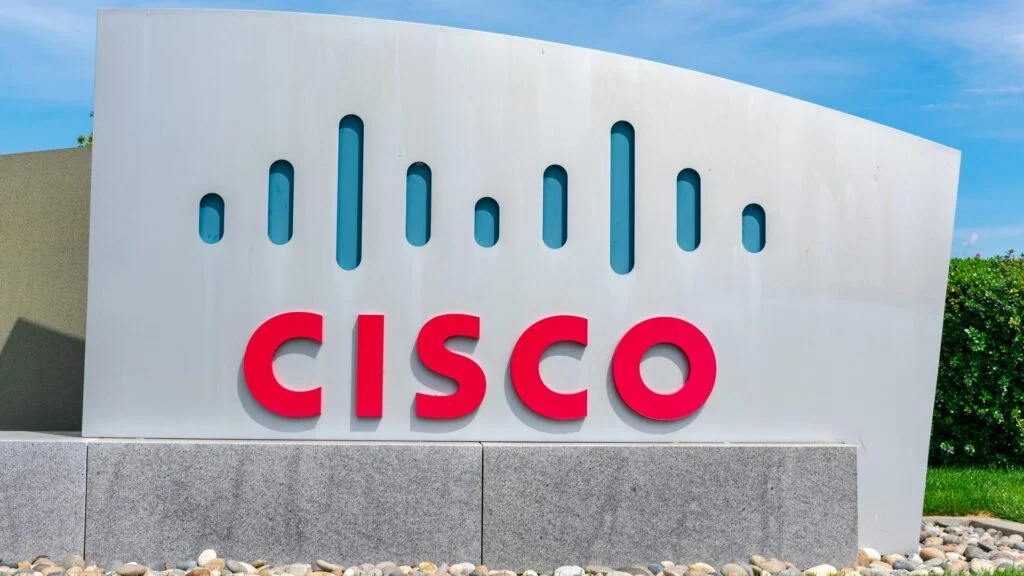The News: Object First has announced General Availability of their object storage system targeted specifically for Veeam backups. The object storage system, which Object First calls a backup appliance, has two models of 64TB and 128TB and can scale to 512TB of capacity. For performance, 4GB/s ingest speed was called out in the announcement.
The product name is OOTBI which stands for Out of The Box Immutability. As indicated by the product name, Object First has focused the announcement message on immutability for ransomware protection. See the full release from Object First here
Object First Announces OOTBI – Object Storage for Veeam Backups
Analyst Take: An object storage system built as a specific target for a single vendor’s backup software seems limiting, but understanding how well Veeam has done in the market with 100s of thousands of customers, has to change the thinking. From my experience, designing a product to work in a very controlled environment with an API specific to a single vendor greatly reduces the effort both in testing and development. There is no burden from enterprise features that would be expected in object storage systems supporting more general usage. I see this as a simplification for the Object First system – a single use tool which should benefit customers with fewer opportunities for issues, focused support, and much simpler installation and administration.
Object First has targeted SMB to mid-size enterprises with the product according to their briefing. I think that makes sense in that larger enterprises would expect more features and, very importantly, those enterprises have more than one backup software vendor. Limiting the usage of the object storage system to Veeam software only might not be as welcome there.
The focus on ransomware protection in the announcement and in the product with immutability and versioning support is in line with all the data protection vendors capitalizing their messaging on the ever-present concerns about cyber-attacks. I have to caution that immutability is one element in a cyber-resiliency strategy and there are many others that must be addressed. In this case, immutability is protecting backup data from being encrypted, altered, or deleted.
I must also make a comment about the name OOTBI. While it does have meaning (Out Of The Box Immutability), it is not exactly easy to use. It makes you consider that maybe we as an industry have run out of product names.
My expectations for the future are that Object First will eventually expand beyond Veeam backup storage to other usages. There is still a great deal of opportunity in garnering current Veeam customers so the need to expand is several years away. With such a large set of potential customers and being aligned with an extremely successful backup vendor, there is no pressing need to add the complexities for additional market opportunity for quite some time.
More insights from Evaluator Group:
Check out Evaluator Group’s information on data protection and object storage:
Technical Insight: Solving Data Protection with Object Storage
Data Protection Software solutions
Evaluator Data Protection Systems Reviews
Evaluator Group Object Storage Reviews
Disclosure: Evaluator Group, wholly owned by The Futurum Group, is a research and analyst firm that engages or has engaged in research, analysis and advisory services with many technology companies, including those mentioned in this article. The author does not hold any equity positions with any company mentioned in this article. Analysis and opinions expressed herein are specific to the analyst individually.
Author Information
Randy has written numerous industry articles and papers as an educator and presenter, and he is the author of two books: Planning a Storage Strategy and Information Archiving – Economics and Compliance. The latter is the first book of its kind to explore information archiving in depth. Randy regularly teaches classes on Information Management technologies in the U.S. and Europe.







